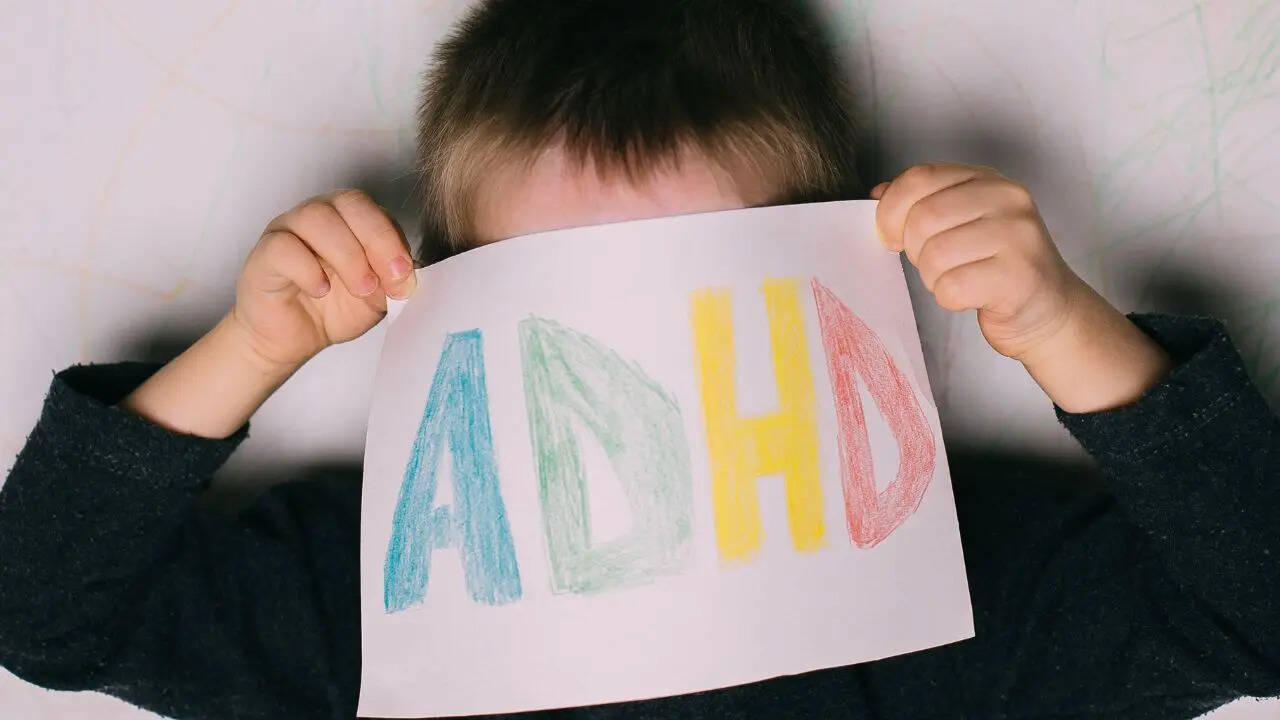Health
Identify ADHD Early: Key Signs Parents Should Recognize

Recognizing the signs of Attention Deficit Hyperactivity Disorder (ADHD) in children is crucial for parents seeking timely support. ADHD is a common neurodevelopmental condition characterized by persistent patterns of inattention, hyperactivity, and impulsivity. It can significantly impact a child’s daily functioning and overall quality of life. Understanding the early indicators of ADHD can help parents take proactive steps.
Common Signs of ADHD in Children
Parents often wonder whether their child’s behavior is typical or indicative of a larger issue. Here are five key signs to be aware of:
Trouble Staying Focused is one of the most prevalent indicators of ADHD. Children with this condition frequently struggle to maintain attention on tasks, particularly those requiring sustained mental effort. According to the American Academy of Pediatrics, these children often make careless mistakes in schoolwork or other activities due to their inattention. This can affect various aspects of their lives, including academic performance and social interactions.
Another significant symptom is Excessive Fidgeting or Restlessness. Children with ADHD may exhibit hyperactivity through behaviors such as squirming in their seats or running in inappropriate situations. Research suggests that the initial signs of hyperactivity can be difficult to detect until a child reaches the age of four, with symptoms becoming more apparent during the elementary school years.
Impulsive behavior is another hallmark of ADHD. This can include difficulty waiting for their turn in conversations, blurting out answers, or making hasty decisions without considering potential consequences. Such impulsivity can create challenges in both academic and social settings, as children may struggle to navigate structured environments.
Additionally, many children with ADHD face Difficulty Following Instructions. If a child frequently forgets tasks or needs repeated prompts to complete assignments, this could be a sign of ADHD. These difficulties may stem from distractibility, making it hard for them to stay engaged in activities and complete work, particularly in structured settings like schools.
Lastly, children with ADHD often experience Emotional Sensitivity or Mood Swings. They may display intense emotions, irritability, or mood swings that seem disproportionate to the circumstances. Research indicates that a substantial percentage of children diagnosed with ADHD also exhibit symptoms of emotional dysregulation, which can include anger and a low tolerance for frustration.
Seeking Support
If several of these signs resonate with your child, it may be time to consult a healthcare professional for a thorough evaluation. Early intervention is essential, as it can significantly improve a child’s functioning and quality of life. Support can come in various forms, including behavioral therapy, educational support, and sometimes medication.
Understanding ADHD and its symptoms can empower parents to seek the necessary resources to support their child’s development. With appropriate intervention, many children with ADHD can thrive academically and socially, leading fulfilling lives.
-

 World5 months ago
World5 months agoSBI Announces QIP Floor Price at ₹811.05 Per Share
-

 Lifestyle5 months ago
Lifestyle5 months agoCept Unveils ₹3.1 Crore Urban Mobility Plan for Sustainable Growth
-

 Science4 months ago
Science4 months agoNew Blood Group Discovered in South Indian Woman at Rotary Centre
-

 World5 months ago
World5 months agoTorrential Rains Cause Flash Flooding in New York and New Jersey
-

 Top Stories5 months ago
Top Stories5 months agoKonkani Cultural Organisation to Host Pearl Jubilee in Abu Dhabi
-

 Sports4 months ago
Sports4 months agoBroad Advocates for Bowling Change Ahead of Final Test Against India
-

 Science5 months ago
Science5 months agoNothing Headphone 1 Review: A Bold Contender in Audio Design
-

 Top Stories5 months ago
Top Stories5 months agoAir India Crash Investigation Highlights Boeing Fuel Switch Concerns
-

 Business5 months ago
Business5 months agoIndian Stock Market Rebounds: Sensex and Nifty Rise After Four-Day Decline
-

 Sports4 months ago
Sports4 months agoCristian Totti Retires at 19: Pressure of Fame Takes Toll
-

 Politics5 months ago
Politics5 months agoAbandoned Doberman Finds New Home After Journey to Prague
-

 Top Stories5 months ago
Top Stories5 months agoPatna Bank Manager Abhishek Varun Found Dead in Well









